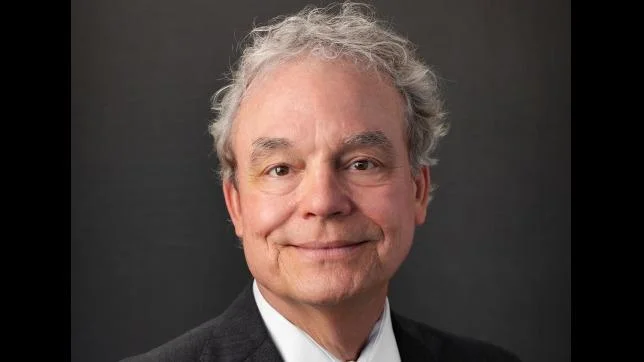More than 125 families from India and other countries are seeking answers after the Air India Boeing 787 Dreamliner crash in Ahmedabad. The incident, which occurred during a routine flight approach to Ahmedabad airport, has led to calls for increased transparency and accountability in aviation safety.
A preliminary crash report has raised questions about the aircraft's switches. However, representatives for the families believe that current evidence is inconclusive and incomplete. They stress that the possibility of an electrical short circuit, potentially linked to a known history of water intrusion in similar aircraft, should be fully investigated.
The pilot’s father, himself a retired Air India captain, has petitioned the Supreme Court for an independent judicial investigation. He argues that systemic issues within the airline or its maintenance practices may have contributed to the accident rather than pilot error.
The Supreme Court responded by issuing notices to both the Directorate General of Civil Aviation (DGCA) and the Ministry of Civil Aviation. According to the court, “nobody can blame the pilot without a thorough investigation.” This statement highlights the need for fact-based assessments in aviation safety matters.
Independent investigations are seen as essential by advocates representing affected families. They argue that unbiased probes help build public trust by reducing internal or corporate influence on findings. Additionally, such investigations can reveal potential flaws in automation or maintenance procedures that could prevent future accidents. Fair treatment of pilots is also emphasized; blaming individuals without sufficient evidence may undermine morale and distract from addressing broader safety concerns.
Beasley Allen Law Firm represents many of these families and states: “At Beasley Allen Law Firm, we believe that every passenger deserves peace of mind when they fly. When something goes wrong, we’re here to ask the tough questions and push for honest answers.”
The firm further expresses its support for families and whistleblowers who seek clarity on whether system failures played a role in this tragedy: “We support families, whistleblowers, and everyday travelers who want to know the truth. Was it a system failure? Could it have been prevented? These aren’t just legal questions—they’re safety questions that affect all of us.”
Their stated mission is “to hold airlines and aviation authorities accountable, make flying safer for everyone, and ensure that no one is blamed unfairly,” emphasizing their commitment to transparency as beneficial for all consumers.

